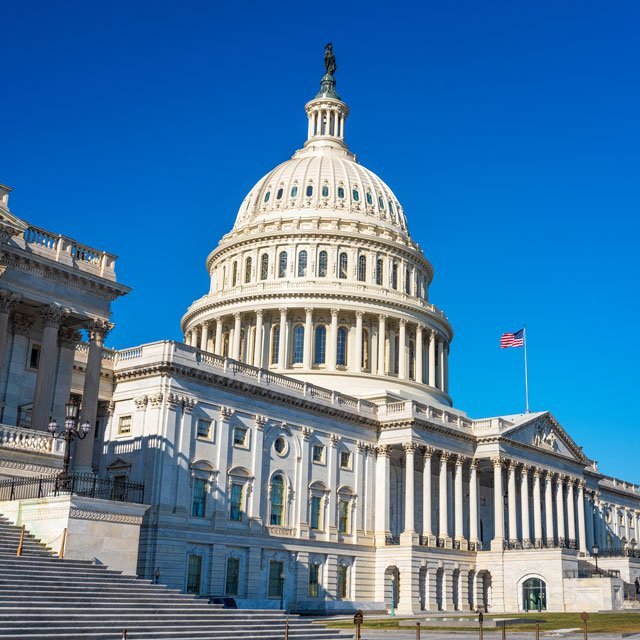Sen. Toomey Floats Bill to Regulate Stablecoins

Sen. Pat Toomey, R-Pa., ranking minority member on the Senate Banking Committee, released a discussion draft Wednesday establishing a new regulatory framework for stablecoins.
“While today stablecoins facilitate trading with cryptocurrencies, tomorrow stablecoins could be widely used in the physical economy. They have the potential, among other things, to speed up payments and automate transactions,” Toomey said in a statement.
The framework, Toomey said, “will allow this crypto-innovation to continue flourishing while protecting consumers and minimizing potential risks from stablecoins to the financial system.”
Toomey’s bill:
Authorizes three options to issue payment stablecoins:
Establishes a new federal license for stablecoin issuers;
Preserves the state-registered money transmitter status for most existing stablecoin issuers; and
Clarifies that insured depository institutions are permitted to issue stablecoins.
Subjects all payment stablecoin issuers — regardless of whether they are a state money transmitter or receiving a new federal license — to standardized requirements, including:
Disclosures regarding the reserve assets backing the stablecoin;
Clear redemption policies; and
Subjecting them to routine audits by registered public accounting firms.
Clarifies that, at a minimum, stablecoins that do not offer interest are not securities.
Provides a clear regulatory framework for payment stablecoins and rejects the Securities and Exchange Commission’s approach of regulating through enforcement actions.
The bill also applies privacy protections to transactions involving stablecoins and other virtual currencies.
Ric Edelman, founder of the Digital Assets Council of Financial Professionals, told ThinkAdvisor Wednesday in an email that Toomey’s bill “demonstrates that Congress is working fast to integrate digital assets into our financial system in a manner that both helps and protect consumers. Stablecoins have just been approved as a payments vehicle in Great Britain, and it’s vital that the U.S. be at the forefront of integration of this technology. Otherwise, we risk losing our dominance in the global economy.”




